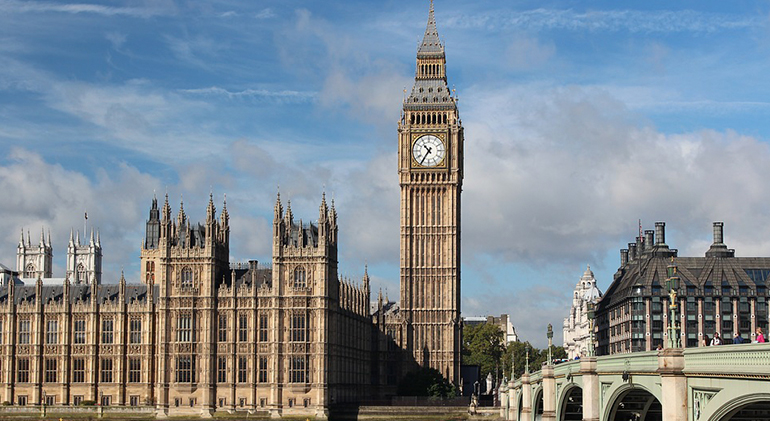

The UK Competition & Markets Authority (“CMA”) has published an updated paper outlining serious competition concerns and proposing legislative changes in order to improve the audit sector for the sake of both savers and investors. After conducting a market study into the statutory audit market, the CMA reached the following conclusions:
The CMA therefore proposed legislative changes aiming at achieving the following goals:
To enable a higher quality of auditing services, auditors must be focused on auditing services exclusively, instead of selling consulting services. The CMA acknowledged the possible difficulties stemming from structural separation of these huge networks, and endorsed the solution of separation of auditing and non-auditing businesses into separate operational entities. This will require separate management, accounts and remuneration.
First and foremost, auditing is a legal requirement meant to ensure that companies act in the interest of their owners rather than their managers. The CMA recognized that investors and owners often lack appropriate engagement and that the choice is then left to the companies themselves. It proposes close scrutiny of audit appointment and management in order for those in charge for appointing auditors to be accountable and independent enough to choose the most challenging audit form, rather than applying other criteria.
Many of the UK’s largest companies have a very narrow choice, taking into account that one or more of the Big Four companies may be conflicted, which makes the state of competition on the market fairly weak. The CMA proposes that audits of the UK’s biggest companies (FTSE 350) be carried out by at least two auditors, at least one of which needs to be outside the Big Four. In the eyes of the CMA, this “joint audit” would enable mid-tier companies access to big clients, giving them a chance to develop expertise and credibility, while also ensuring a cross check on quality. The other proposed solution is setting a market cap which would ensure that some major audit contracts are only available to non-Big Four companies.
The CMA Chairman Andrew Tyrie stated that “addressing the deep-seated problems in the audit market is now long overdue. Most people will never read an auditor’s opinion on a company’s accounts. But tens of millions of people depend on robust and high-quality audits. If a company’s books aren’t properly examined, people’s jobs, pensions or savings can be at risk.” He went further on to conclude that the CMA will now consult on a number of proposals for robust reform and that these intractable problems may take some years to sort out. He stresses that in any case, the CMA will persist until the problems are addressed.
The CMA Chief Executive Andrea Coscelli also commented: “We have moved fast to come up with a comprehensive package of proposals for legislation, which we will now consult on. Successful reform of the audit market will require legislation, in combination with planned improvements to regulation as recommended by Sir John Kingman.”
Meanwhile, at his part, Sir John Kingman published an Independent Review of the Financial Reporting Council in which he proposes that said council be replaced with an independent statutory regulator with strengthened watchdog authority called the Audit, Reporting and Governance Authority.
As a part of its modern Industrial Strategy, the UK Government today also appointed Donald Brydon, outgoing Chair of the London Stock Exchange Group, to lead a new independent review of the quality and effectiveness of the UK audit market. The so-called Brydon Review into UK audit standards will be based on CMA’s and Sir John Kingman’s reviews and will seek to recommend what else needs to be done for audits to meet public, shareholder and investor expectations.
The approach taken by the CMA might also reflect in other European countries, including Serbia.
Audit firms operating in smaller markets might come under greater scrutiny from national competition authorities and the upcoming year will certainly witness many new developments in competition law.
[1] Deloitte, KPMG, E&Y and PwC